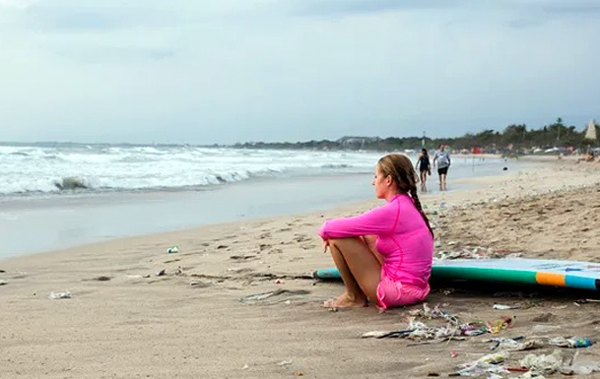 Forced into reflection by our virus winter, travelers are having second thoughts about what travel means to their lives.
Forced into reflection by our virus winter, travelers are having second thoughts about what travel means to their lives.
A surprising transformation is occurring. Owning up to the fantasies of their trips and faced with a future economy that doesn’t look all that good cost is becoming more important than ever.
What a “Big Trip” means varies with everyone but it’s all limited by cost. That limit could be a weekend cruise or a month’s expedition at Africa’s luxury lodges. Traditionally travelers exceed their self-imposed limits, in stark contrast for example to hard consumables like cars.
Because spending limits are pushed, fantasies about the trip begin the moment purchase is contemplated. I as well as all other decent guides are truly flattered at the conclusion of a trip when someone says, “It was better than I could have imagined!” Very kind, but rarely true.
In the main anticipation of a trip almost always exceeds the trip’s reality, and barring a definitive bad event, the traveler’s analysis of the trip when it’s over generally exceeds the reality as well.
That’s because people are stubborn against criticizing themselves. A “Big Trip” requires big resources that could be used for something else. Few travelers will evaluate their experience below what they expected, and most travelers will exaggerate the experience to affirm their choice of going.
I think this is all wonderful!
There are so few parts of our lives that can float in fantasy without being destructive or counter-productive. Travel is an escape from the rigors of reality! Unlike escaping from wearing a mask or speeding on the highway or inflating the quarter’s sales figures to your boss, the consequences of telling your neighbor what a wonderful boat you just spent a week on (during a hurricane that you don’t mention) aren’t that terrible.
Business travels to succeed. Vacationers travel to dream.
But dreaming isn’t in such vogue these days. The pandemic visits a wide swath of misery each day to almost every inch of earth and upon every living person.
It lays an unique misery on travelers.
Their fantasies are crushed. As they suffer this serious psychological blow they’re cordoned back to reality. It happens as much with the trips they’ve already had as the ones they were planning to enjoy.
In times of stress the first economy is fiscal. Travel products carry a higher margin than other consumables, and I’ve written a lot about this. Among the array of travel products, the smaller the demographic the higher the margin. It may seem complicated, but it just doesn’t make financial sense to investors any other way.
The largest plurality of travelers take their ‘Big Vacation’ at places like Disneyland, on shorter cruises or at places like Las Vegas. These most economical vacations carry the lowest margins.
The smallest group of travelers are the sorts that I’ve served all my life: very upmarket, small niche destinations. These most expensive of vacations carry the highest margins.
In times of forced reflection travelers’ fantasies start to crumble under the forced realization of the costs. They probably haven’t read all my writings about why it has to be this way. So it becomes an affront, or at least a buttress against doing it again.
Comparisons are stark: The $2000 per person per night spent at Tanzania’s Crater Lodge won’t guarantee seeing a black rhino in the wild. The rose petals dribbled from the door of your cabin to the four-poster bath under the chandelier overlooking one of the most beautiful sites in the world, doesn’t make that site any more or less beautiful than from any roadside view point.
Contextually, the uniquely fine standards of Crater Lodge – well, they aren’t as good as those at Canyon Lodge in Arizona at a quarter of the price.
Crater Lodge has always been and will remain one of my favorite spots on safari. There is no better way to stoke the dreams of those who can afford it.
We need to dream. But we need peace and stability to dream happily, and that right now, seems a distant fantasy itself.